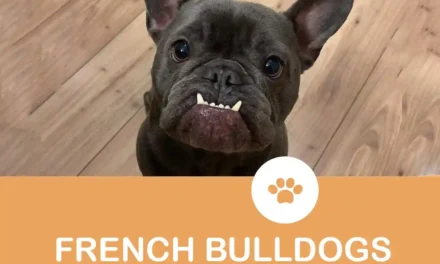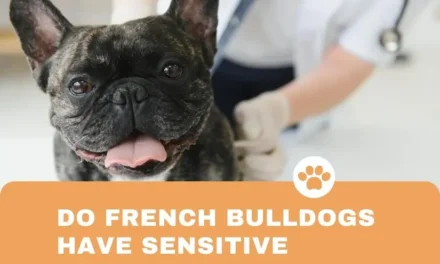Do Frenchies have underbites ?
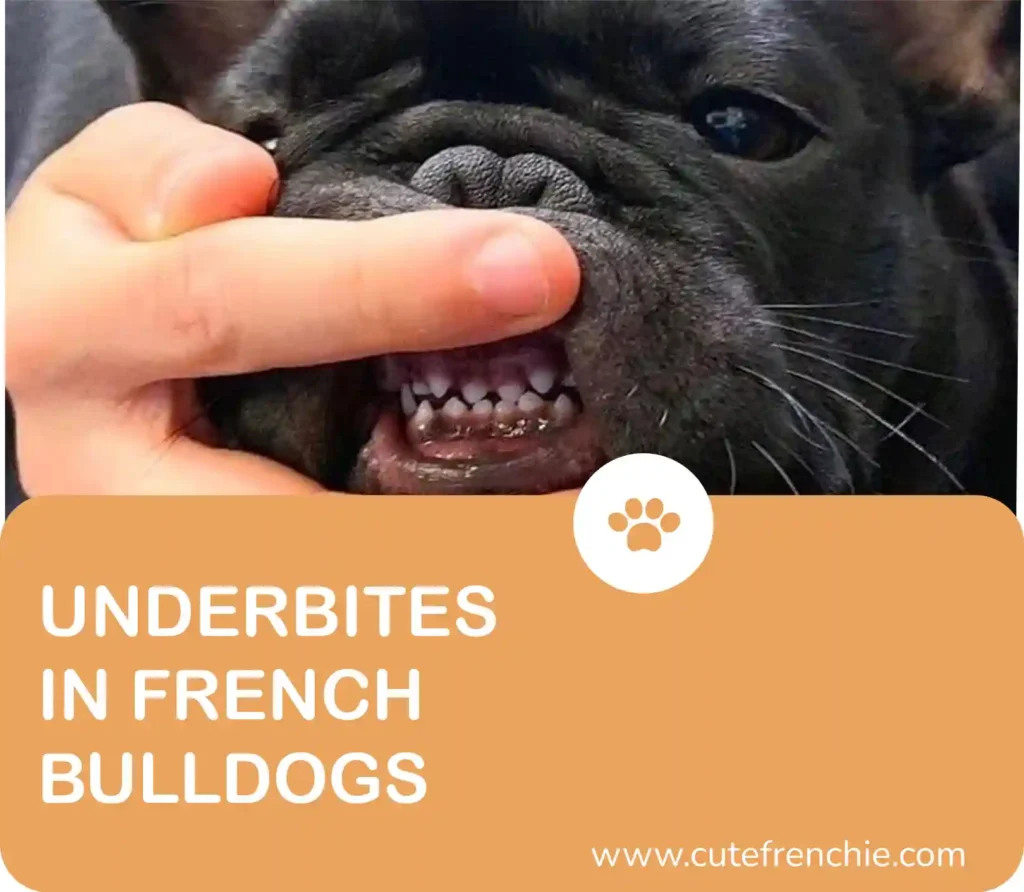
I wanted to explore the topic of French Bulldog underbites, particularly because our own Frenchie doesn’t exhibit one, although some puppies of this breed may have a pronounced underbite. I was curious about whether underbites are considered normal for French Bulldogs and what potential issues they might indicate. Here’s what I found.
Is it normal for me to have an underbite? Yes, it’s normal for French Bulldogs to have an underbite, though the extent varies among individuals. The breed standard specifies that “the under jaw is deep, square, broad, undershot, well turned up.” In short-faced breeds like Frenchies, the lower jaw is often more noticeable, protruding from the bottom teeth when at rest.
My underbite is considered normal and intrinsic to the nature and structure of my skull. Interestingly, in top breeding competitions, not having a discernible underbite in a Frenchie over five months old is considered a disqualification
The reason why do Frenchies have underbites
The presence of underbites in French Bulldogs can be attributed to a combination of medical and genetic factors. One predominant reason for the prevalence of underbites in Frenchies lies in their heritage. The genetic predisposition to underbites is a hereditary trait that is passed down through successive generations as an inherent outcome of their selective breeding
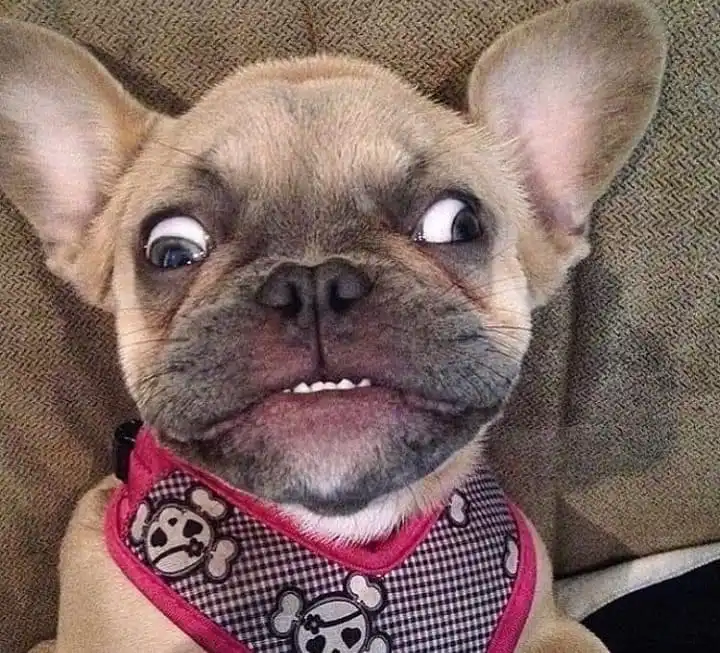
French Bulldog Underbite Problems
There are various causes of underbites in French Bulldogs, categorized into two distinct types: dental and skeletal.
Dental Cause:
An underbite issue may arise in a French Bulldog with a normal facial skeletal structure, but an abnormality in the arrangement or position of one or more teeth.
Skeletal Cause:
Another underbite problem in French Bulldogs can be attributed to abnormalities in the dog’s facial structure, resulting in improper alignment of the upper and lower rows of teeth.
While an underbite may not pose an issue if your Frenchie can groom, drink, and eat without discomfort or bleeding, it’s essential to monitor for potential health problems that may arise.

Health Problems Caused by Underbites:
- Teeth and Tissue Damage:
- Malocclusion, where the teeth don’t align properly, can lead to wear and tear on Frenchies’ teeth. The collision of upper teeth with the inside jaw of lower teeth can cause damage and infections to the soft tissue.
- Exposure to Infections and Diseases:
- Injuries and wounds resulting from underbites may make French Bulldogs more susceptible to infections and diseases in the mouth.
- Difficulty Eating:
- Severe cases of underbites can cause difficulty in chewing and grasping food, leading to pain and sores in the mouth. This difficulty eating can result in serious illness as the dog lacks necessary nourishment for optimal health.
It’s important to note that underbites rarely become problematic in Frenchies, and a small underbite is generally considered normal. However, it’s advisable to remain vigilant for any potential issues, especially those mentioned above. Regular monitoring and prompt attention to any abnormalities can contribute to the overall well-being of your French Bulldog
I have a French Bulldog with a severe underbite; what should I do?

If I have any concerns at all, I would stop reading my blog post and take my dog to the vet. Even if it’s a small underbite, it is still worth getting a professional opinion as to whether it could lead to a problem in the future.
My vet will be able to check for signs of pain and infection and also let me know whether the underbite is severe enough to warrant further investigation.
Even if my vet gives my Frenchie the all-clear, I would make notes of any obvious behavioral changes, particularly ones where they show obvious pain when eating.
If I see anything like them having trouble eating, observe blood in the saliva, or they have unusual sensitivity around their nose and mouth, that’s the time to take it seriously
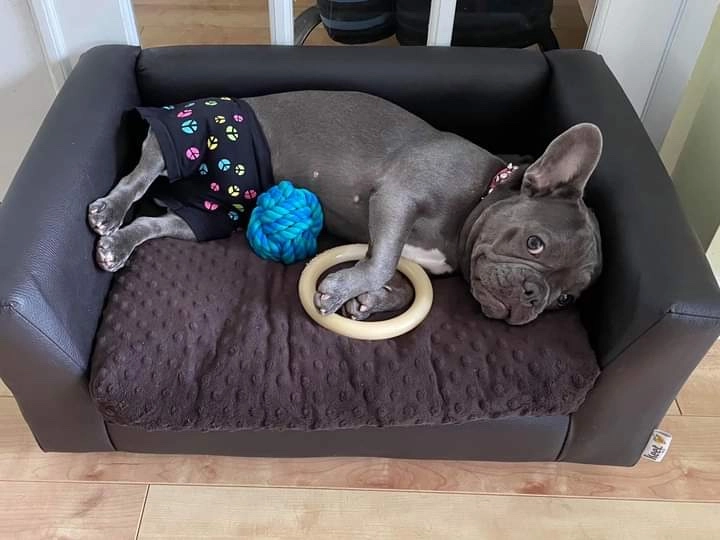
If I have any concerns at all, I would stop reading my blog post and take my dog to the vet. Even if it’s a small underbite, it is still worth getting a professional opinion as to whether it could lead to a problem in the future.
My vet will be able to check for signs of pain and infection and also let me know whether the underbite is severe enough to warrant further investigation.
Even if my vet gives my Frenchie the all-clear, I would make notes of any obvious behavioral changes, particularly ones where they show obvious pain when eating.
If I see anything like them having trouble eating, observe blood in the saliva, or they have unusual sensitivity around their nose and mouth, that’s the time to take it seriously
Can You Correct a Dog’s Underbite?
Like I wrote before, an underbite can be one of your Frenchie’s most endearing features, although opinions may vary. While many underbites in French Bulldogs are very mild and require little or no intervention, there are rare cases where underbites are so severe that they require correction.

As an owner, there’s nothing you can personally do to fix it, and there’s no quick solution. However, in the case of adult dogs with severe underbites, there are medical procedures that can help alleviate potential problems. These procedures include:
- Teeth Extractions:
- Removing specific teeth may be considered to address the severity of the underbite.
- Filing of Teeth:
- Adjusting the length or shape of certain teeth through filing can contribute to a more balanced bite.
- Canine Braces:
- Similar to braces for humans, canine braces can be employed to gradually correct the alignment of the teeth.
- Non-surgical Ball Therapy:
- This therapy, as recommended by Dental vets, can be a non-surgical approach to help mitigate underbite issues in dogs.
Addressing Your Frenchie’s Underbite:
Here are some tips on how you can help your Frenchie with an underbite problem, based on my conversation with another Frenchie owner:

1. Avoid Chewable Toys:
- For the love of chewing that Frenchies have, it might be a good idea to keep them away from chewable toys if there’s an underbite problem. Chewing on such toys could potentially exacerbate the issue, so it’s better to be cautious.
2. Pay Close Attention:
- If your vet expresses concern about the underbite, it’s essential to closely monitor your pup. Look out for any changes in behavior and provide them with plenty of love, care, and affection, especially if they are experiencing pain.
3. Provide Special Food:
- If your Frenchie has sores in their mouth due to the underbite, it may become challenging for them to eat regular food. Look for special food options that are easy for them to chew and swallow. This can contribute to a quicker healing process for any wounds.
Remember, surgery should be considered as a last resort. If you have concerns about your dog’s underbite, implementing these measures and consulting with your vet can be beneficial in providing relief and ensuring your Frenchie’s well-being.
Understanding Canine Malocclusion
Canine malocclusion occurs when a dog’s teeth, be it baby teeth or adult teeth, do not properly align. Determining whether a dog is affected by malocclusion can be challenging because, unlike humans, there is no standard appearance for a dog’s bite. Dr. Santiago Peralta, assistant professor of veterinary dentistry and oral surgery at CUCVM, emphasizes that the key question is not whether it’s ‘normal,’ but rather whether it is functionally comfortable for the animal.
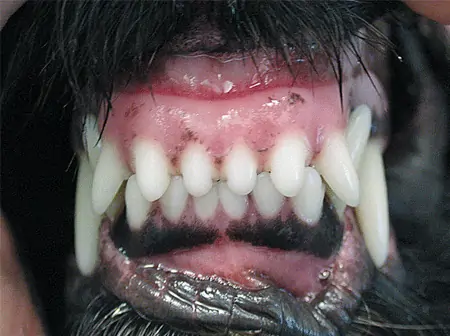
So, what defines a comfortable bite? Dr. Nadine Fiani, assistant clinical professor of dentistry and oral surgery at CUCVM, provides guidance: “The lower canines should be sitting on the outside of the gum line and in front of the upper canines.” She points out a common abnormality where the lower canine is overly upright, intruding into the hard palate. Any tooth-to-tooth contact or tooth-to-soft tissue contact that shouldn’t be there indicates clinically relevant malocclusion, often accompanied by erosion or trauma to teeth or tissue.
WHAT OTHER FRENCHIES OWNERS SAYS
I’ve encountered numerous French Bulldog owners in parks, and I’m actively engaged in various online communities. As a result, I frequently seek the opinions of many people on the topics I discuss here

My french x British bulldog has quite a large underbite, doesn’t cause her any problems. In fact she has to have a slow feeder bowl to slow her down so my full frenchie without an underbite gets to eat his tea in peace!
Looks totally normal. Frenchies all have a bit of underbite, the thing to watch for is that they have proper bite occlusion (the vet would check this when you have him neutered and/or vaccinated)
I assume its to cut down on breathing difficulties. Frenchies of old look a lot different to current. Google Dutch French bulldog. There’s an article about a breeder in Holland who is trying to breed them without the squashed face. I must admit, I prefer the old style look
Frequently Asked Questions (FAQs)
What is the significance of canine malocclusion?
Canine malocclusion refers to misalignment of a dog’s teeth, impacting their bite. Understanding its significance involves assessing whether it is functionally comfortable for the animal.
How is a comfortable bite defined for dogs?
In general, a comfortable bite involves the lower canines sitting on the outside of the gum line and in front of the upper canines. Tooth-to-tooth or tooth-to-soft tissue contact that shouldn’t be present indicates clinically relevant malocclusion.
Are terms like “underbite” or “overbite” used by veterinary dentists?
No, veterinary dentists prefer technical nomenclature over subjective terms like “underbite” or “overbite.” They rely on precise terminology, following standards such as those endorsed by the American Dental Veterinary College (ADVC).
How can dog owners address underbite issues in their pets?
Dog owners concerned about underbite issues should avoid chewable toys that might worsen the condition. Close monitoring by a veterinarian is crucial, and providing special food for easier chewing can aid in the healing process for any wounds. Surgical interventions are considered only in severe cases, with extractions, filing of teeth, canine braces, or non-surgical ball therapy as potential measures

FINAL words
In conclusion, exploring the intricacies of underbites in French Bulldogs has shed light on the various aspects surrounding this distinctive trait. As an enthusiast and dog owner, I’ve come to understand that while a mild underbite is often considered normal and even charming in Frenchies, severe cases may necessitate careful attention. The significance of canine malocclusion, its potential impact on a dog’s comfort, and the importance of precise terminology in veterinary dentistry have become clear through this exploration.
Being part of French Bulldog communities and engaging with other owners has emphasized the need for vigilance in monitoring our pets for any signs of discomfort or potential issues related to underbites. Avoiding inappropriate chewable toys and providing specialized food when needed are practical steps I can take to contribute to my Frenchie’s well-being

